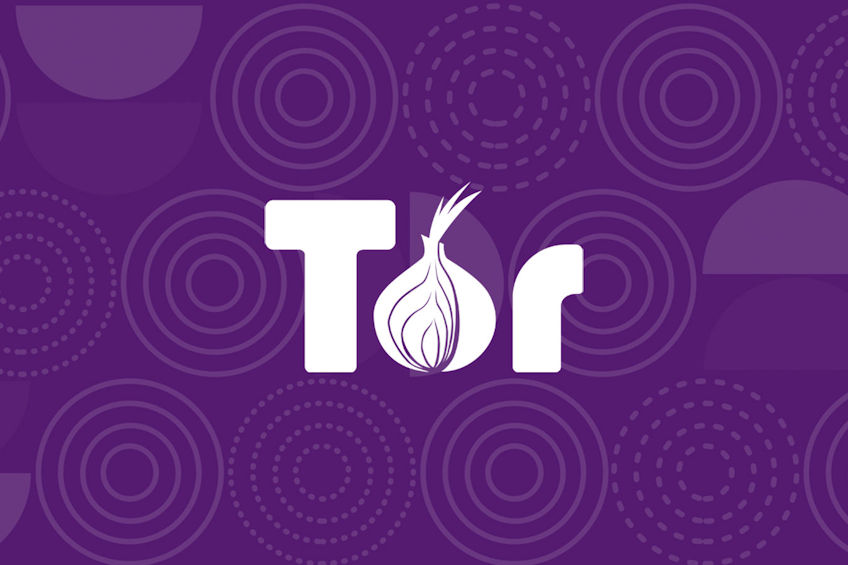Xerox 008R12990 Waste Toner Unit
Home
- AUDIO/VIDEOaddremove
- COMPUTERSaddremove
- Componentsaddremove
- Computer Peripheralsaddremove
- Computersaddremove
- Consumablesaddremove
- Multimedia & Gamingaddremove
- Networkaddremove
- 4G/5G Routers
- Audio & Communication Accessories
- CPL Kits
- Electrical Protectionaddremove
- Firewalls
- Gender Changers
- IP Phones
- IP Servers
- KVM Switches
- Modems
- Network Accessoriesaddremove
- Network Bridges
- Network Cables & Adaptersaddremove
- Bluetooth Cables & Adapters
- Coaxial Cables & Adapters
- Data Transfer Cables
- Ethernet Cables & Adapters
- Fiber Storage Cables & Adapters
- Firewire Cables & Adapters
- Firewire/Parallel/Series Cables & Adapters
- GPRS & Umts Adapters
- HDMI Cables & Adapters
- Keyboard/Mouse Cables & Adapters
- Monitors Cables & Adapters
- Network Cables
- Optical Fiber Cables & Adapters
- Parallel Cables & Adapters
- Power Supply Cables
- Proprietary Cables
- Safety Cables & Adapters
- SAS Cables & Adapters
- SATA/eSATA Cables & Adapters
- Serial Cables & Adapters
- Twisted Pair Cables & Adapters
- USB Cables & Adapters
- Wireless Adapters
- Network Modules
- Print Servers
- Routers
- Switches
- Usb Hubs/Controllers
- Video Conference
- Wireless Access Points
- Wireless Routers
- PC Tablets & Accessoriesaddremove
- Security/Surveillanceaddremove
- Softwareaddremove
- Storageaddremove
- Blu-Ray Burners
- Discs Cradles
- DVD Burners
- DVD-ROM Drives
- External Hard Drives
- Hard Disk Accessories
- Hard Disk Controllers
- High Capacity Storage Accessories
- Lecteurs RDX
- LTO Ultrium Cartridges
- Memory Card Readers
- NAS Servers
- RAID Controlers
- RDX Removable Cartridges
- San Fiber Devices
- SAS Hard Drives
- SATA Hard Drives
- SSD Hard Drives
- Components
- DVD MOVIESaddremove
- HOME/LEISUREaddremove
- PHOTO
- POINT OF SALEaddremove
- Accessories and Consumablesaddremove
- Adapters & Chargers
- Barcode Scanner Stands
- Barcode Scanners Cables
- Cases/Holders/Bags
- Data Capture Accessories
- Docking/Charging Stations
- Ink Label Printers
- Labels & Ribbons Kits
- Mobile Terminal Batteries
- Multipurpose Labels
- POS Accessories
- POS Printer Accessories
- POS Stylus
- Printable Paper Rolls
- Printer Cleaning Kits
- Ribbons Card Printers
- Ribbons Label Printers
- Spare Parts
- Ticket Printer Ribbons
- Barcode Scannersaddremove
- Cash Drawers
- Data Terminalsaddremove
- Kiosk Terminals
- Office Equipmentaddremove
- Point of Sale Printersaddremove
- POS Terminals
- POS Touch Screens
- RFID Readers/Encodersaddremove
- Support & Licenses
- Accessories and Consumables
- SPECIALSaddremove
- AUDIO CD
- AUDIO/VIDEOaddremove
- COMPUTERSaddremove
- Componentsaddremove
- Computer Peripheralsaddremove
- Computersaddremove
- Consumablesaddremove
- Multimedia & Gamingaddremove
- Networkaddremove
- Security/Surveillanceaddremove
- Softwareaddremove
- Storageaddremove
- Components
- HOME/LEISUREaddremove
- PHOTO/CAMERAS/LENSESaddremove
- POINT OF SALEaddremove
- TELEPHONYaddremove
- VIDEO GAMESaddremove
- TELEPHONYaddremove
Trending
Special Products
Maxell X-SERIES 8 GB SDHC Class 2 Memory Card
Samsung CLP-S775A Paper Cassette/Feeder
Fujitsu RAID controller extension (Battery + Cable)
Connected Devices
The Tor Project: Unlocking Online Privacy and Anonymity

In today's digital age, privacy and anonymity have become increasingly important. With the rise of surveillance, data breaches, and censorship, individuals and organizations are seeking ways to protect their online activities. Enter the Tor Project - a revolutionary initiative that allows users to navigate the internet securely, privately, and without leaving a trace. In this blog post, we will explore the Tor Project, its mission, and the impact it has made on online privacy.
What is the Tor Project?
The Tor Project, short for "The Onion Router," is a non-profit organization dedicated to developing and maintaining free software to protect users' privacy and freedom online. It was initially created by the United States Naval Research Laboratory and has since grown into a community-driven project with contributors worldwide.
How does Tor work?
At its core, Tor works by routing internet traffic through a network of volunteer-operated servers, also known as "nodes" or "relays." This network obscures the user's IP address, making it difficult to trace their online activities back to them. The data passing through Tor is encrypted and bounces through a series of relays, resembling layers of an onion, hence the name "The Onion Router."
Benefits of using Tor
1. Privacy Protection: By using Tor, users can browse the web with enhanced privacy. Their online activities are shielded from advertisers, government surveillance, and other prying eyes. Tor's decentralized network makes it extremely difficult for anyone to track or identify users.
2. Anonymity: Tor enables users to maintain their anonymity online. It prevents websites from collecting personal information, location data, or browsing habits. This feature is particularly crucial for journalists, activists, whistleblowers, and individuals living under oppressive regimes.
3. Access to Censored Content: Tor allows users to bypass censorship and access websites or services that may be blocked or restricted in their region. This feature empowers individuals living in countries with strict internet regulations to freely express their thoughts and access information.
4. Secure Communication: Tor provides a secure platform for communication, offering services like Tor Messenger and Tor Mail. These tools ensure that messages and emails are encrypted, protecting users from surveillance and interception.
Challenges and Criticisms
While the Tor Project has garnered immense praise for its commitment to online privacy, it has also faced criticism and challenges. Detractors argue that Tor can be exploited by criminals for illegal activities, including illicit drug markets and child exploitation. However, the Tor Project actively works with law enforcement agencies to identify and apprehend criminals, highlighting its dedication to both privacy and security.
Conclusion
In an era where online privacy is under constant threat, the Tor Project stands as a beacon of hope for individuals seeking to reclaim their digital rights. With its robust network, Tor enables users to browse, communicate, and express themselves freely while safeguarding their privacy and anonymity. By supporting the Tor Project, we contribute to the preservation of a free and open internet for all. Together, we can protect our online identities and champion the values of privacy and freedom.
Share this content





